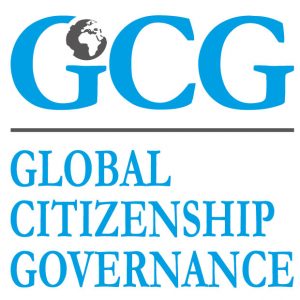
Director
Maarten Vink
Citizenship laws and policies are considered to be core matters of national self-determination. However, in an age of global mobility, ever more individuals can claim the citizenship of several states, while others are turned stateless. Today, citizenship needs to be studied and compared from a global rather than national perspective.
The ‘Global Citizenship’ research area explores core questions of democracy by studying how states determine (and should determine) who their citizens are and who can participate in elections. It analyses the variety of citizenship laws and policies in a globalised world, where national perspectives no longer suffice to explain the transformations of membership, and explores the legal regimes that govern the institution of citizenship at national, supranational and global levels.
Maarten Vink acts as the overall director of this research area, which consists of an online observatory and a separate research project on global citizenship governance.

The Global Citizenship Observatory (GLOBALCIT) provides reliable and comparative data on the content, causes and consequences of the laws that govern the acquisition and loss of citizenship and the franchise. It enables scholars, policy-makers, and the general public to understand how citizenship connects people across international borders. GLOBALCIT publishes databases, national and comparative reports, indicators and debates on citizenship status and electoral rights. It relies on a large international network of academic experts who write country reports, collect legal documents and provide input for comparative databases. GLOBALCIT brings together the expertise of the European University Institute’s Global Governance Programme (GGP), the University of Edinburgh and the Maastricht Center for Citizenship, Migration and Development (MACIMIDE). These partners with their permanent research teams are represented by the four co-directors of the observatory, Rainer Bauböck, Jelena Dzankic, Jo Shaw and Maarten Vink.
GLOBALCIT participates also in externally funded projects on citizenship and electoral rights. Currently, GLOBALCIT is a member of the EU-CITZEN Network funded by the European Commission.

Global Citizenship Governance (GCG) advances the establishment of a new subfield in public international law, International Citizenship Law (ICIL), which would govern nationality law. GCG asks a critical and timely question: What should be the international norms and structure in setting up requirements for naturalisation and, more broadly, for granting citizenship? It examines the theoretical foundations and the justifications for the establishment of ICIL, analyses the normative implications derived from an-ICIL approach for future citizenship policy development, and explores the interrelationship between ICIL and constitutional identity. In addition, within its CitTech Project, GCG discusses the challenges and opportunities that emerging technologies pose to existing theories and practices of citizenship. How can technology remodel citizenship in all of its dimensions — status, rights, identity, participation — bring about new citizenship regimes, and redefine the demos?
GCG is directed by Liav Orgad and funded by the European Research Council. It is jointly hosted by the European University Institute and the WZB Berlin Social Science Center.




